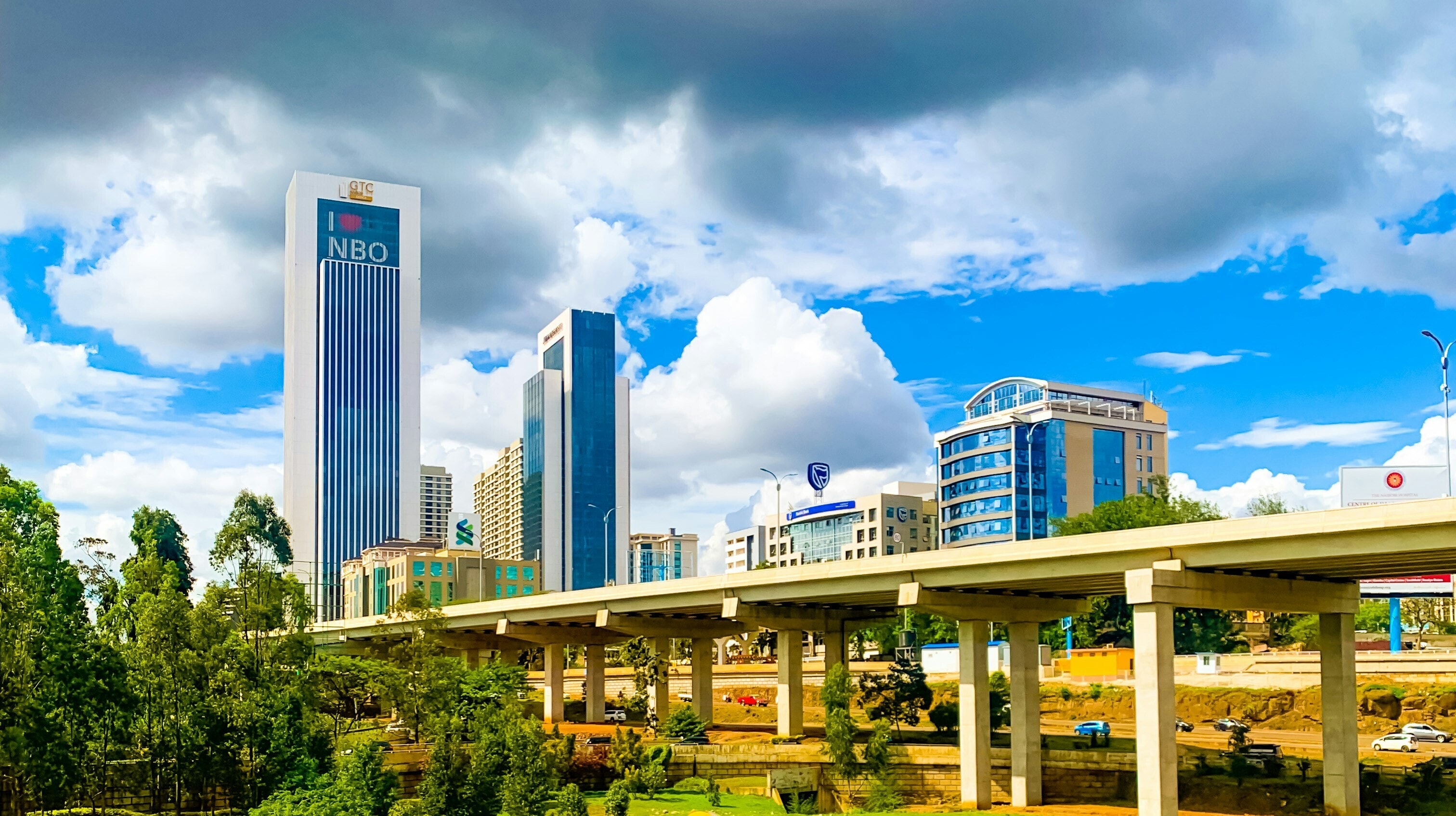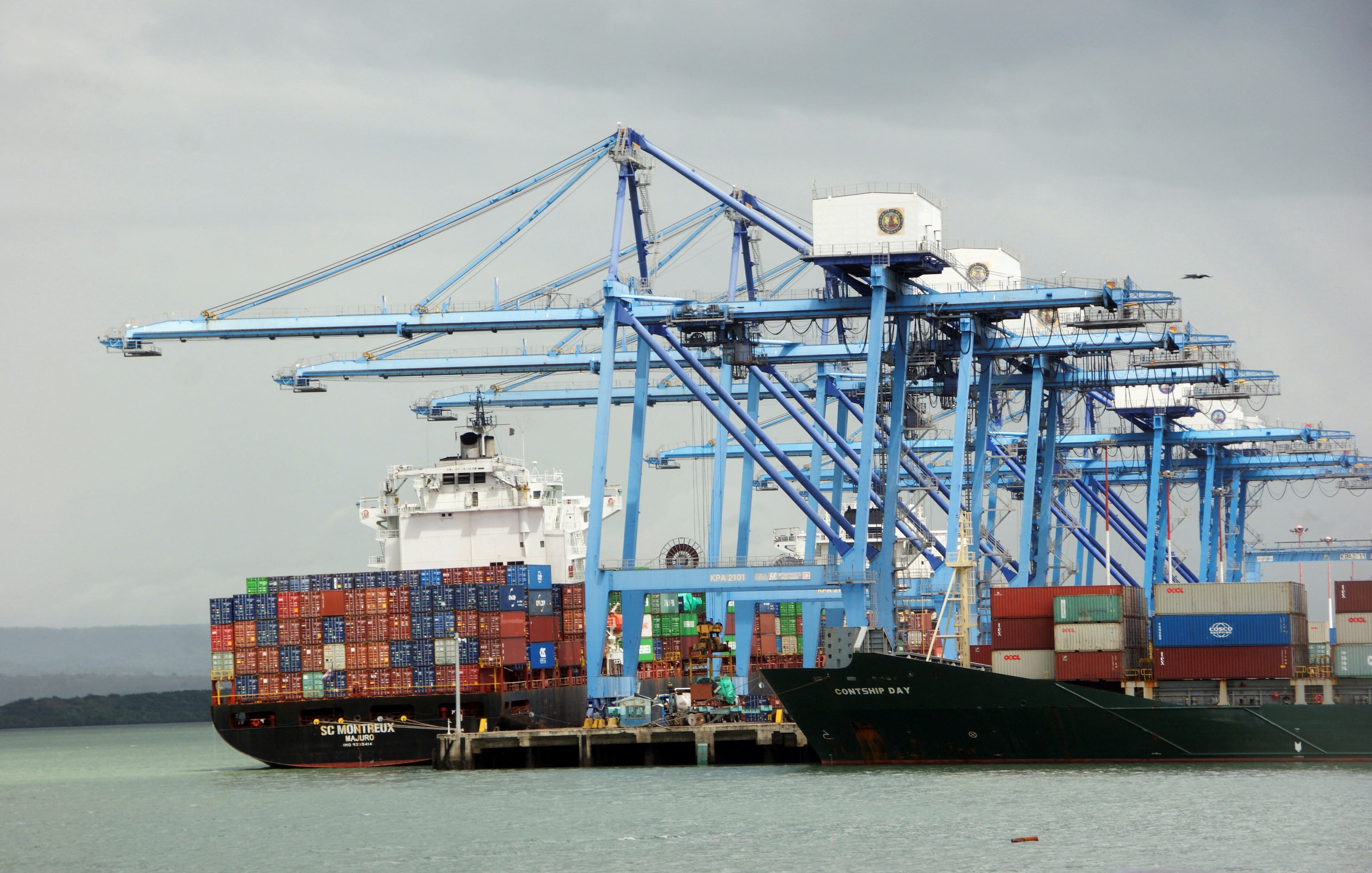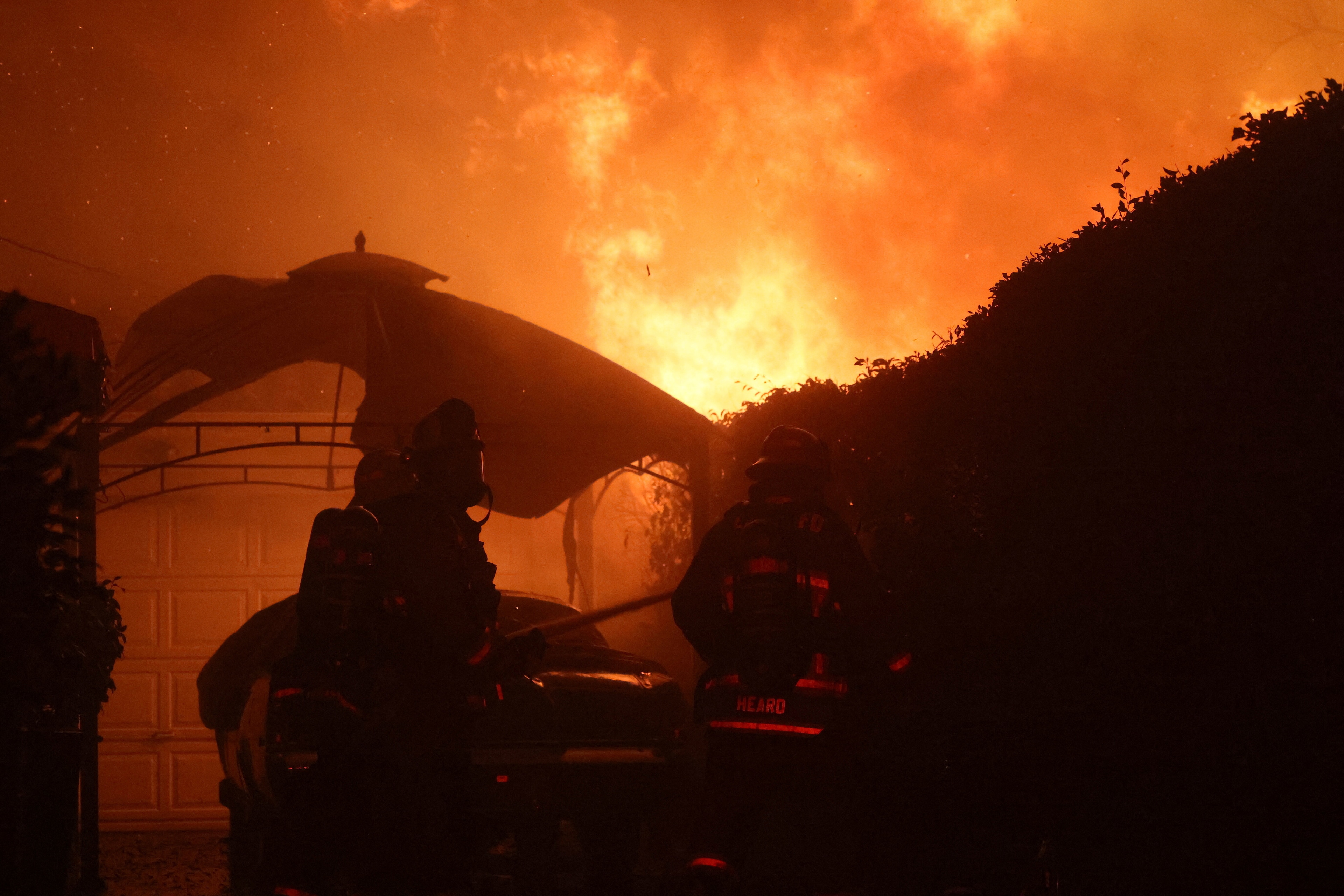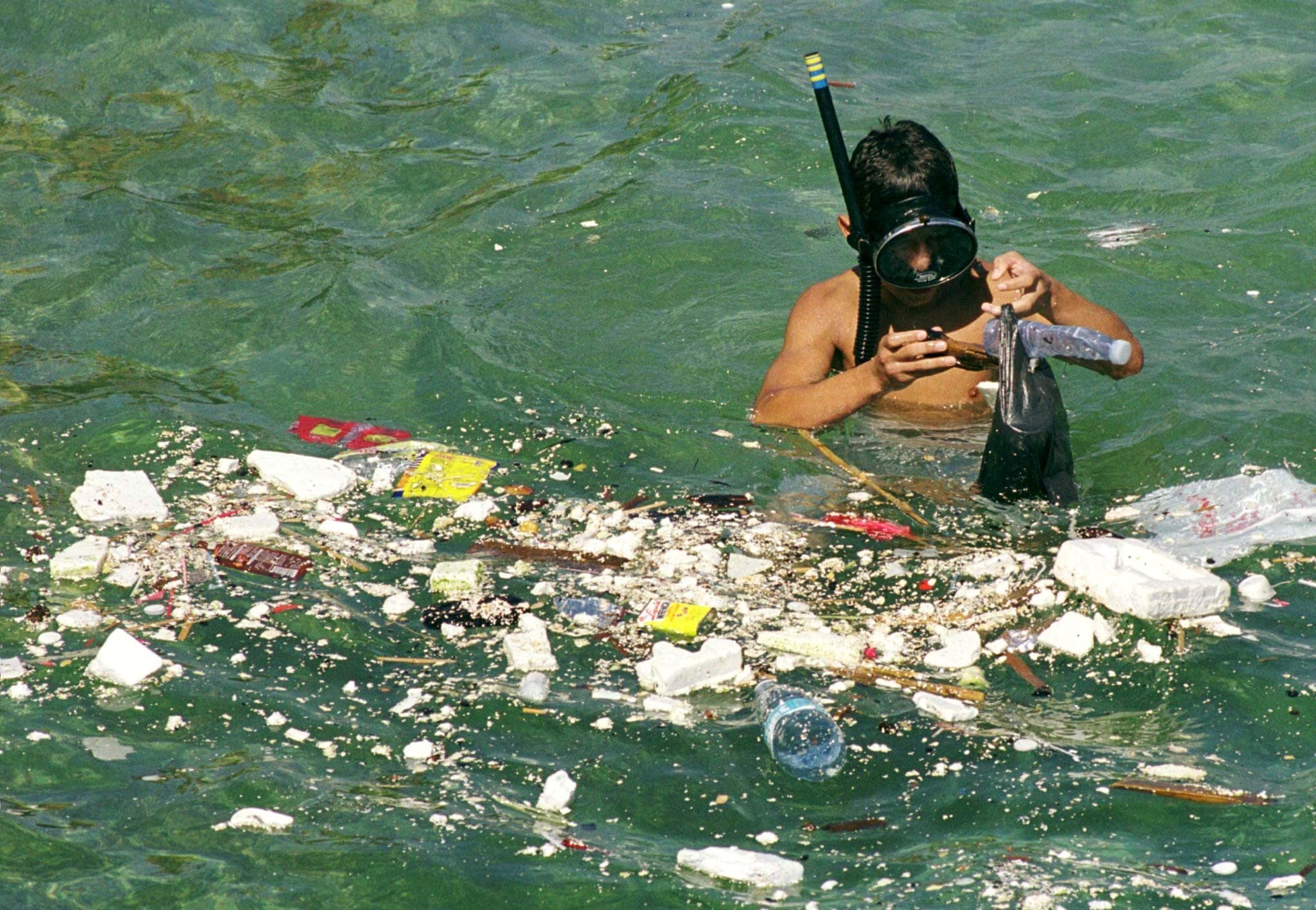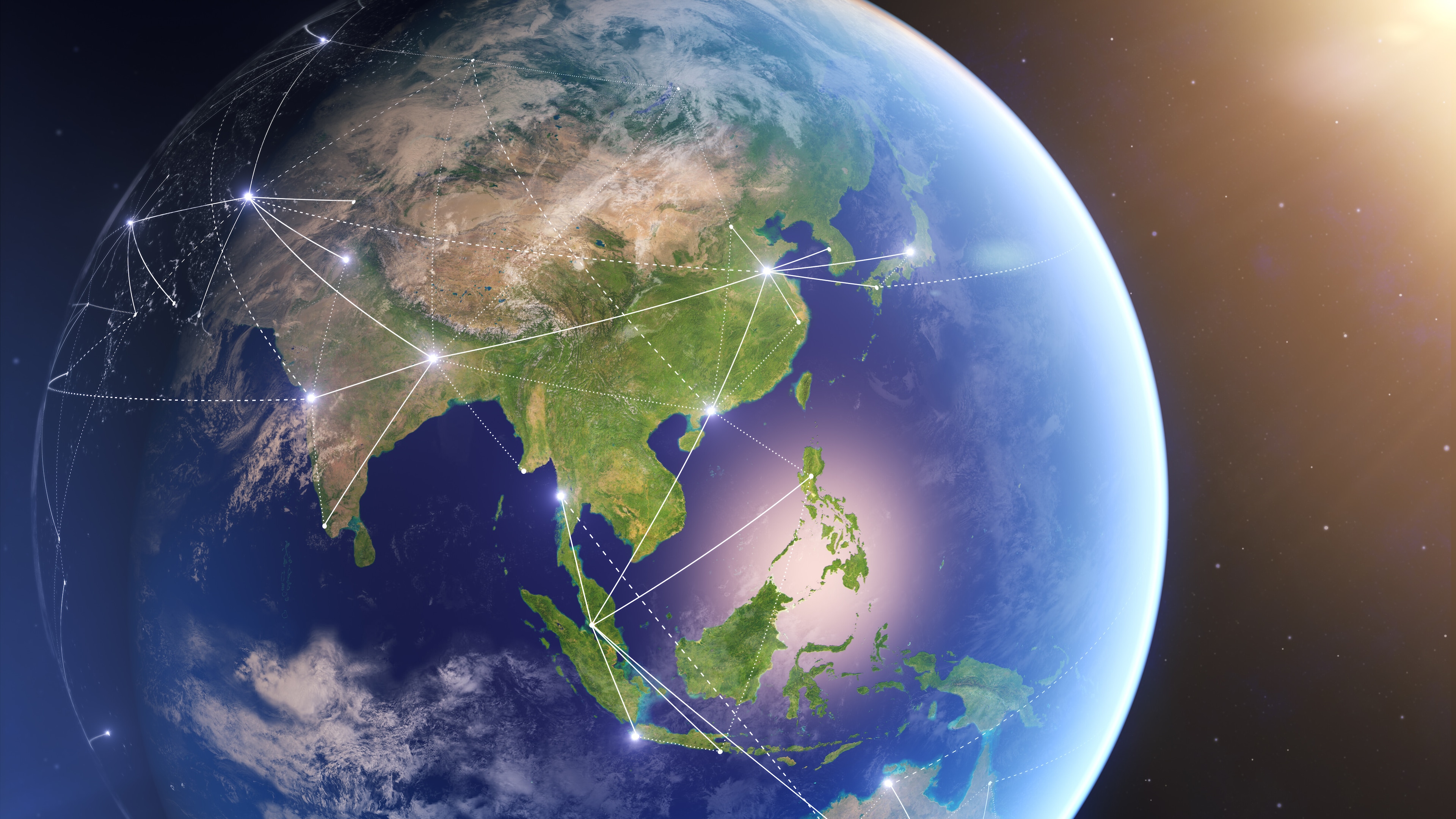Why the world’s hungry are most at risk

Stay up to date:
Future of the Environment
This article is published in collaboration with Thomson Reuters Foundation trust.org
Hungry people are at greater risk of suffering badly from disasters, as a crisis can leave them with even less food, forcing them into a downward spiral, risk experts said.
Governments in the 10 countries ranked most vulnerable to disasters in the WorldRiskIndex 2015 – including Guatemala, Bangladesh, Cambodia, Papua New Guinea and El Salvador – need to improve infrastructure and food production to boost their chances of withstanding calamities, according to a new report.
“Hunger and malnutrition drive up disaster risk,” Matthias Garschagen of the U.N. University Institute for Environment and Human Security (UNU-EHS) told the Thomson Reuters Foundation.
“Risk (in some regions) is increasing with climate change,” Garschagen, the report’s scientific director, added.
People suffering from hunger – including some of the 2.5 billion worldwide who depend on farming to support themselves – cannot take long-term measures to head off disaster risks, said the WorldRiskReport 2015 by UNU-EHS and Alliance Development Works, a coalition of German aid agencies.
To better avert and manage disasters, governments should improve rural infrastructure, including transport, and secure land rights for farmers, the report said.
“The catastrophic effects of natural hazards can be decreased by ensuring people are fed,” Peter Mucke, managing director of the WorldRiskReport, said in a statement.
“The hungry are most vulnerable.”
Places that are severely threatened by extreme natural events and have a “very urgent need” for action to improve food security are Bangladesh, Burundi, Guinea-Bissau, Haiti, Cambodia, Cameroon, Madagascar, Niger, Senegal, Sierra Leone, Zimbabwe, East Timor and Chad, the report said.
States with low levels of hunger, effective governance and good infrastructure can withstand earthquakes, floods and other disasters far better than fragile states, Garschagen said.
Haiti and New Zealand, for example, have both been hit by powerful earthquakes in recent years. Fewer than 200 people died in New Zealand’s 2011 quake, while Haiti lost more than 310,000 in its 2010 disaster, he noted.
The annual index of 171 states showed the island nations of Vanuatu, Tonga and the Philippines were most at risk of disasters, followed by countries with poor governance and hunger problems in Central America, Africa’s Sahel and Southeast Asia.
Island states made up six of the 15 countries with the highest disaster risk as they are particularly exposed to hazards like floods, cyclones and rising sea levels, the report said.
Vanuatu, in the south Pacific, was battered by an unusually powerful cyclone in March, which destroyed many buildings and badly damaged agriculture.
Countries with the lowest risk of disasters included Qatar, which had the best score, followed by Malta, Saudi Arabia, Barbados, Grenada and Iceland.
Publication does not imply endorsement of views by the World Economic Forum.
To keep up with the Agenda subscribe to our weekly newsletter.
Author: Chris Arsenault covers global food security and agricultural politics for the Thomson Reuters Foundation from Rome.
Image: A woman carrying her baby walks past fallen trees in Tanna March 2015. International aid agencies ramped up appeals for cyclone-hit Vanuatu, warning that the powerful storm which affected more than two-thirds of the South Pacific island nation had wiped out crops and destroyed fishing fleets, raising the risk of hunger and disease. REUTERS/Edgar Su.
Don't miss any update on this topic
Create a free account and access your personalized content collection with our latest publications and analyses.
License and Republishing
World Economic Forum articles may be republished in accordance with the Creative Commons Attribution-NonCommercial-NoDerivatives 4.0 International Public License, and in accordance with our Terms of Use.
The views expressed in this article are those of the author alone and not the World Economic Forum.
Related topics:
Forum Stories newsletter
Bringing you weekly curated insights and analysis on the global issues that matter.
More on Global CooperationSee all
Nii Simmonds and David Timis
August 18, 2025
Natalie Pierce
August 12, 2025
JJ Enoch
August 6, 2025
Eric Holst
August 4, 2025
Catherine Chevauché
August 4, 2025
Li Dongsheng
July 31, 2025
